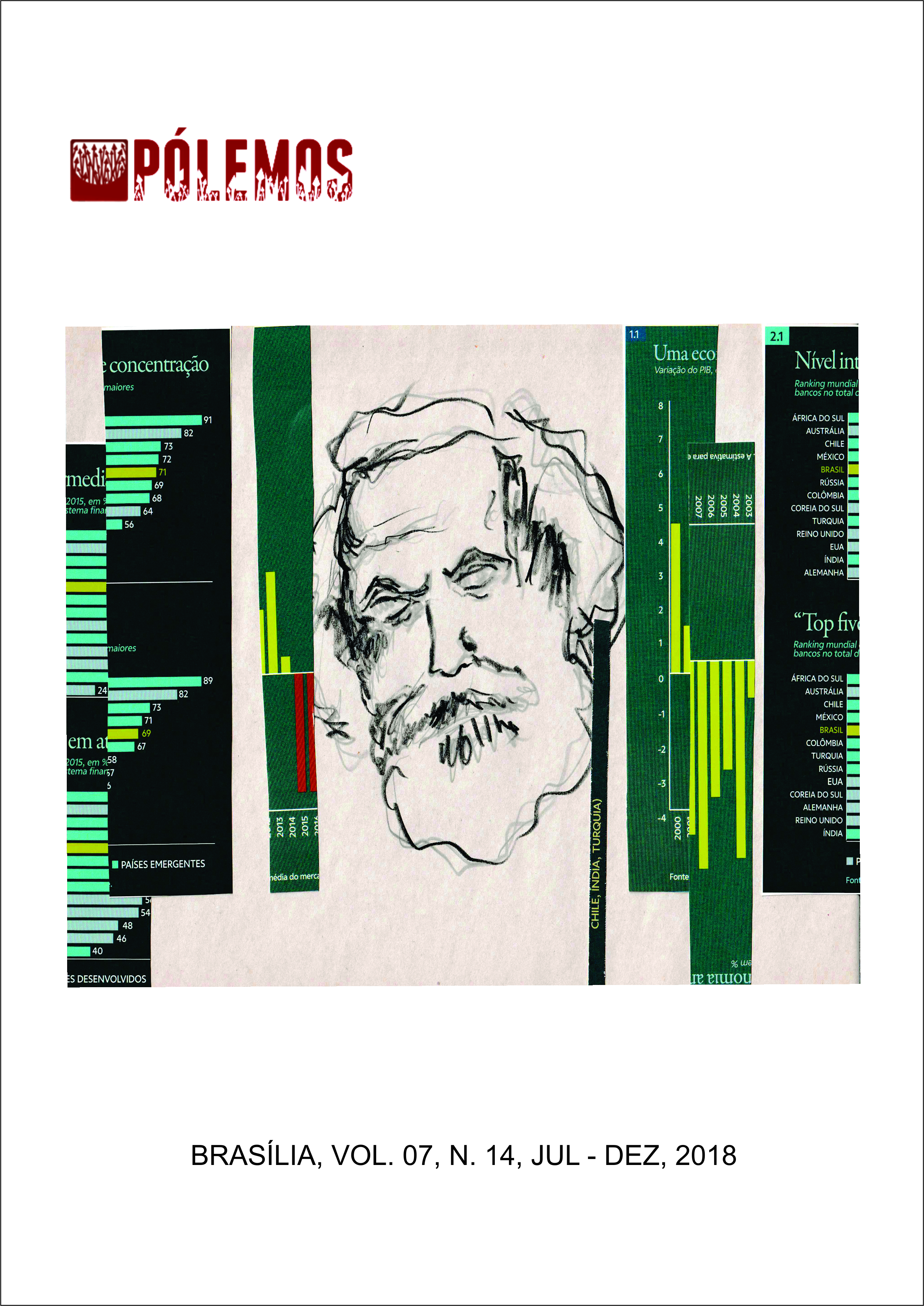THE CONCEPT OF DIALECTIC AND THE NOTION OF EXPERIENCE TO G.W. F. HEGEL (1770 ”“ 1831)
DOI:
https://doi.org/10.26512/pl.v7i14.22070Keywords:
Dialectic. Experience. Hegel.Abstract
Through a bibliographical research, we tried to study in Hegel's thought the concept of dialectic (in the Encyclopedia of philosophical sciences) and the dialectical notion of experience (Phenomenology of the Spirit). The concept of dialectics is seen as an immanent process consisting of three faces: the abstract face (of the understanding), the dialectical face (negatively-rational) and the speculative (positively-rational) face that grasps the unity of opposing determinations. In the case of the dialectical notion of experience, unlike other philosophies, it is shown as an immanent, intrinsic and necessary activity of the self-consciousness, that is, subject, object and measurement pattern are interdependent, making the knowledge process closer to objects and subject to criticism and revision.
Downloads
References
HEGEL, G.W.F. Enciclopédia das ciências filosóficas em compêndio -vol.1. Tradução de Paulo Meneses, com colaboração de José Machado. São Paulo: Loyola, 1995.
HEGEL, G.W.F. Fenomenologia do Espírito. Tradução de Paulo Meneses, 9ª ed. (2014), Editora Vozes e Editora universitária São Francisco; 2ª reimpressão (abril/2016).
KONDER, Leandro. Hegel: a razão quase enlouquecida. Rio de Janeiro: Editora Campus, 1991.
INWOOD, Michael. Dicionário Hegel. Tradução de Álvaro Cabral, Rio de Janeiro: Jorge Zahar, 1997.
MENESES, Paulo. Para Ler a Fenomenologia do Espírito -Roteiro. 3ª edição. São Paulo: Loyola, 1992.
NOBRE, Marcos. Como nasce o novo.1ª ed. São Paulo: Editora Todavia, 2018.
Downloads
Published
How to Cite
Issue
Section
License
Copyright (c) 2018 PÓLEMOS ”“ Revista de Estudantes de Filosofia da Universidade de Brasília

This work is licensed under a Creative Commons Attribution-NonCommercial-NoDerivatives 4.0 International License.
Todos os trabalhos que forem aceitos para publicação, após o devido processo avaliativo, serão publicados sob uma licença Creative Commons, na modalidade Attribution-NonCommercial-NoDerivatives 4.0 International Public License (CC BY-NC-ND 4.0). Esta licença permite que qualquer pessoa copie e distribua a obra total e derivadas criadas a partir dela, desde que seja dado crédito (atribuição) ao autor / Ã autora / aos autores / às autoras.


